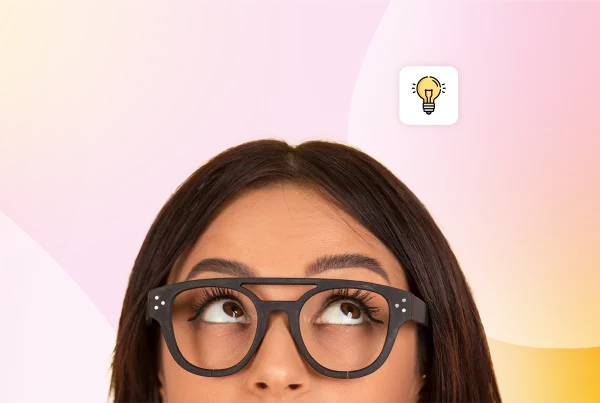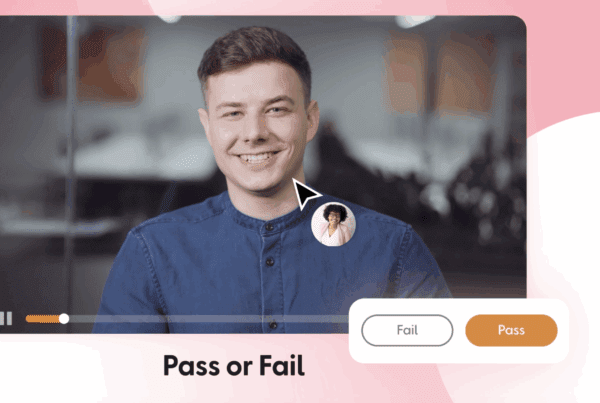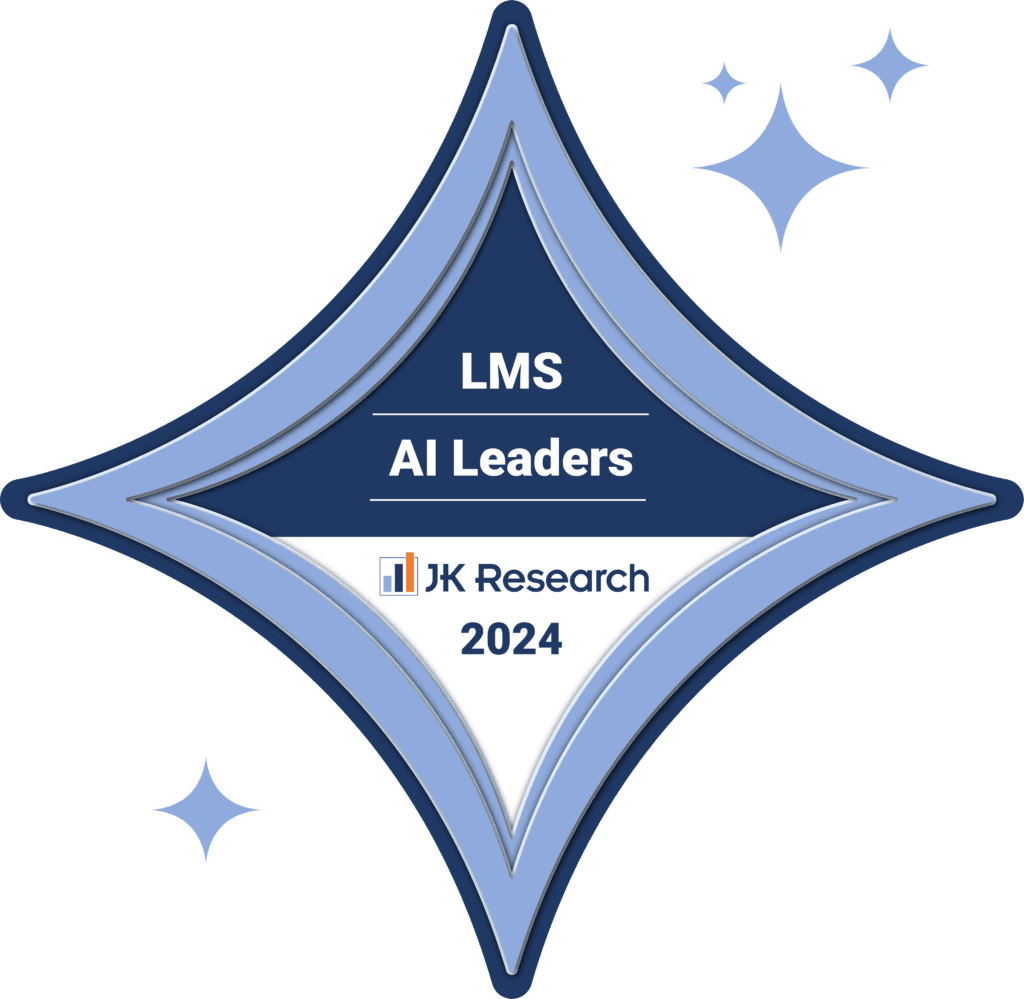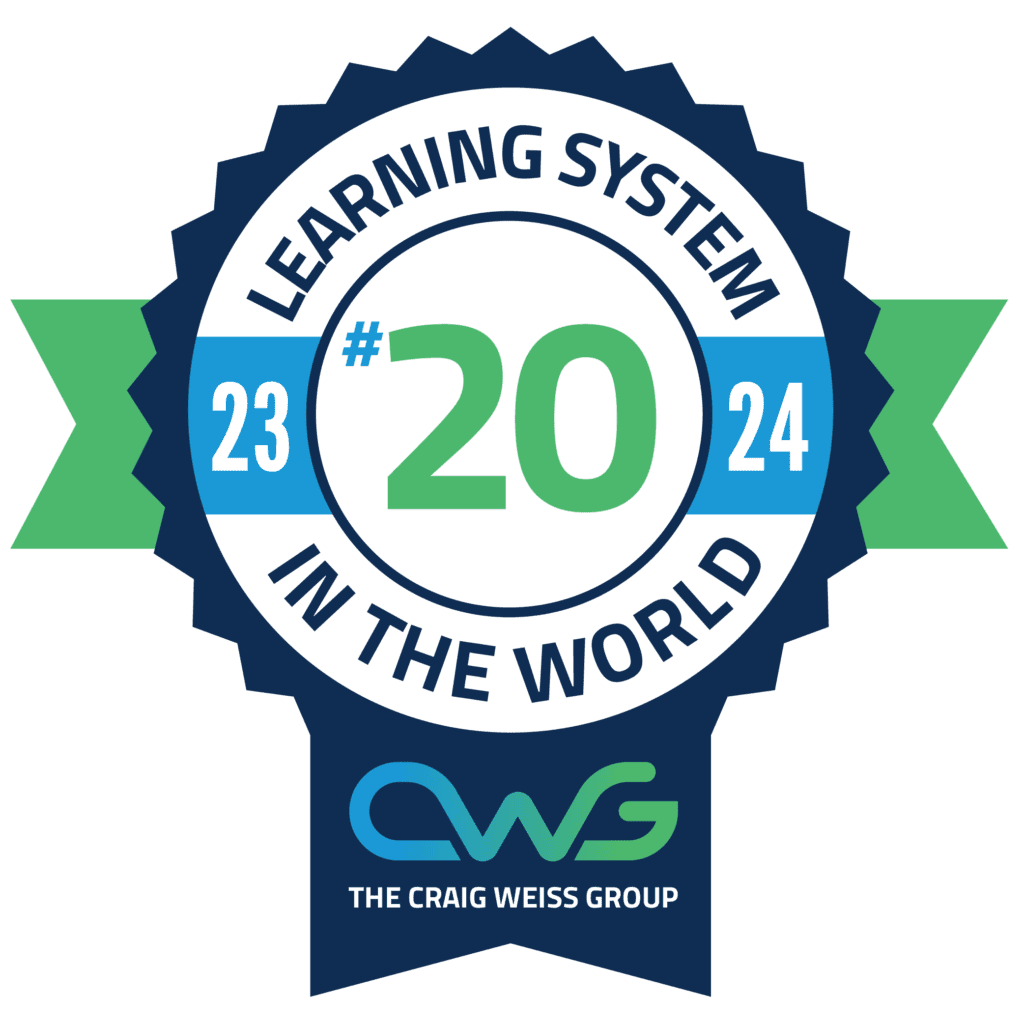There are some careers that demand an exceptional level of education.
Daunting academic understanding. Unprecedented levels of training.
Consider people who wish for a career in medicine, like cardiologists.
They need to achieve formidable qualifications. Stellar GCSEs and A Levels, think ‘A’s’ and ‘A*’s across the board.
A medical degree and, typically, a four-year postgraduate degree. Completion of a two-year paid foundation programme. 🏫🎓
But there’s more.
Cardiologists must have a minimum of five-years’ postgraduate clinical experience. Either 3-years’ internal medicine experience or 4-years acute medicine experience. And full membership of the Royal College of Physicians (MRCP). Only then can they operate. 👨🏿⚕️
Those are phenomenal hard skills.
In the UK it’s estimated that up to 40% of jobs ask for a degree, at least according to sophisticated modelling.
The UK career marketplace demands educated candidates.
But this doesn’t tell the whole story. A degree doesn’t automatically equate career success. In fact, in many cases soft skills are just as, if not more, valuable than hard skills.
So, let’s have a look at soft skills in a little more detail, including what they are, why they’re so important, what the thirteen main soft skills are, and, more importantly, how to develop them. 👇
What Are Soft Skills?
Let’s say you meet someone who exudes charisma. Is fun to be around. Makes you feel valued. Fills you with confidence in their, and your own ability. Someone people listen to. Works well in a team and autonomously. Can follow instructions to the letter. Is transparent about what they’re doing and why they’re doing it. Who finds creative solutions to problems. Is organised. Adaptable. Empathic. Who gets the job done.
This person has superlative soft skills. 🔥 🔥
If hard skills are all about aptitude, then soft skills are all about psychosocial.
They are as innate as they are learned.
They’re communication. Leadership. Collaboration. Problem solving. Critical thinking.
They’re listening. Speaking. Attitude. Work ethic. Intercultural fluency.
Hard skills can be taught with relative ease.
You can also teach employees how to code, navigate a new HR platform, or attain an industry-specific qualification.
It’s a bit more difficult for employees to learn how to communicate with their colleagues, inspire others, and think outside the box if it isn’t in their nature.🧠 💭💡
The ideal employee has a strong balance of hard and soft skills.
The ideal employer has recruited candidates who exhibit both these skillsets and can build on them throughout their employment.
his involves encouraging people to identify what they’re good at and what they need to work on, honing strengths, and improving weaknesses. 💪🏽 💪🏽
Let’s say that you have someone who’s tech-savvy. Can navigate platforms like the back of their hand. But they flounder when asked to explain what they’re doing and why they’re doing it to colleagues or clients.
The solution?
Concentrate on helping them to develop their people-facing and presentation skills. Before you know, they will have added another string to their bow! 🏹
To summarise, soft skills are:
- What someone knows
- How they interact with others
- Transferrable between different roles
- Innate, but can be acquired and improved upon
- Challenging to learn because many don’t have dedicated educational pathways
Why Are Soft Skills So Important?
Soft skills are crucial for personal development, building strong relationships, and professional achievement.
They can make the difference between a solid, dependable employee and an outstanding employee, someone who can make a real difference. Drive your organisation forward. Be integral to achieving your professional ambitions. 🙌🏼
On a day-to-day basis, candidates with soft skills are important because they can help your organisation to:
✅ Identify employees who are capable of not just doing the job, but also don’t do it well. Think of a graphic designer, someone who can create meticulous, creative corporate logos to client deadlines, whilst effectively communicating every stage of the design process.
✅ Recruit qualified, experienced candidates who reflect your organisation’s culture. Let’s say you’re recruiting for a human rights lawyer. And you law firm embodies a progressive, inclusive, personable ethos. Candidates with strong experience overseeing complex cases, and who excel communicating with a wide range of people have the ideal hard and soft skills needed to excel in the role.
✅ Hire people with potential, not just knowledge. Having someone who knows the ins and outs of their sector and profession is great. But potential, willingness to learn, and being adaptable are just as important. You may find that an expert is too rigid. Unable to adapt to their role or your organisation.
✅ Find candidates with a balance of hard and soft skills. Let’s say you’re hiring a sales director. You want someone who has a varied, balanced skillset. They’ll need to understand the organisation, sector, service, or product. They’ll need to be organised, a strong communicator, likeable, resilient, decisive, confident, be able to solve problems and think on their feet, and more. 📈 💰
✅ Evaluate someone’s culture fit. You can’t fit a round peg in a square hole. Someone who has a rich history working in a bustling, noisy office environment, may struggle to work in a library, just as target-driven people who’re used to working towards goals may struggle to operate successfully in a more flexible, relaxed environment, one with few deadlines or zero targets.
Thirteen Soft Skills Invaluable to L&D and the Workplace
Successful L&D, and workplaces in general, cultivate a mixture of soft and hard skills.
They encourage people to develop their knowledge and professional skills.
You can’t be a good physiotherapist without extensive academic knowledge of anatomy and how to communicate with patients, right? 👩⚕️ 🤒 🧔
The same is true in the L&D space.
Professionals must be able to inspire their colleagues to further develop their knowledge, stressing their value as an asset to the organisation, whilst bolstering their own personal and professional development.
This demands communication skills. Teamwork. Collaboration. Problem solving. Time management. The ability to inspire others. And more.
Below we’ve outlined the thirteen soft skills invaluable to L&D and the workplace in general.👇
1. Communication Skills
- Verbal communication: the ability to express ideas clearly and effectively in spoken language
- Non-verbal communication: understanding and using body language, facial expressions, and gestures ☺️
- Listening skills: actively listening to others, understanding their perspectives, and responding appropriately
- Written communication: the ability to write clearly and concisely, regardless of format, e.g., documents, emails, and reports
2. Interpersonal Skills
- Empathy: understanding and sharing the feelings of others to build strong relationships
- Teamwork: working and collaborating with others to achieve common goals 🙏
- Conflict resolution: managing and resolving conflicts in a constructive manner
- Networking: building and maintaining professional relationships which can provide support and opportunities
- Negotiation: reaching mutually beneficial agreements through discussion and compromise
3. Leadership Skills
- Influence: capable of persuading and inspiring others to follow a course of action
- Decision-Making: able to make informed, competent decisions, even under pressure 🤔 💡
- Mentoring and Coaching: guiding and supporting the development of others
- Delegation: capable of assigning tasks to appropriate colleagues for completion
- Vision: developing and championing a clear and compelling future direction
4. Emotional Intelligence (EQ)
- Self-Awareness: recognising and understanding your own emotions and how they affect behaviour
- Self-Regulation: managing your emotions healthily, regardless of the situation
- Motivation: demonstrating drive to achieve goals and maintain a positive attitude in the face of challenges 🥇
- Social Skills: effectively navigating interpersonal relationships whilst guiding people towards a desired outcome
5. Problem-Solving Skills
- Analytical Thinking: able to break down complex problems to understand underlying issues and find solutions
- Creativity: can think ‘outside the box’ and identify innovative solutions to problems
- Critical Thinking: evaluating information and disagreements critically to make reasoned judgements
- Resourcefulness: finding quick and clever ways to overcome difficulties
6. Adaptability and Flexibility
- Open-Mindedness: willing to consider innovative ideas and approaches
- Resilience: can recover quickly from setbacks and remain positive in difficult circumstances
- Learning Agility: competency in acquiring new skills and adapting to a circumstance change 🧑💻
- Change Management: managing and adapting to organisational change effectively
7. Time Management and Organisation
- Prioritisation: can identify the most important tasks, and complete them first
- Goal setting: set clear, achievable goals and develop a plan of action to achieve them
- Planning: organising tasks and activities to achieve goals
- Multi-Tasking: the ability to work on and complete multiple tasks at the same time
8. Work Ethic and Professionalism
- Accountability: taking responsibility for your own actions and their outcomes
- Reliability: being dependable and consistently meeting expectations
- Integrity: adhering to moral and ethical principles whilst being honest and fair in all actions
- Discipline: maintaining focus and self-control to achieve goals and meet deadlines
9. Customer Service Skills
- Patience: being calm and demonstrating understanding when dealing with challenging customer circumstances
- Problem-Solving: addressing and resolving customer issues effectively and efficiently
- Attentiveness: giving your full attention to customer needs and concerns
- Positivity: maintaining a positive and friendly disposition, even in tricky situations
10. Collaboration and Teamwork
- Cooperation: working efficiently and effectively with others, sharing responsibilities, and contributing to group efforts
- Interpersonal Communication: effectively interacting and communicating with team members
- Supportiveness: providing help and support to colleagues across the whole organisation when required 🫶🏼
- Conflict Management: handling disagreements constructively whilst fostering a collaborative environment
11. Innovation and Creativity
- Curiosity: eager to learn and explore innovative ideas and concepts
- Innovation: identifying new and effective solutions to problems
- Flexibility: being open to innovative ideas and adapting to the latest information
- Entrepreneurial Thinking: adopting an ambitious, progressive, and creative mindset
12. Cultural Competence
- Diversity Awareness: understanding and appreciating cultural differences
- Inclusivity: promoting an inclusive environment where everyone feels valued
- Cross-Cultural Communication: capable of effectively communicating with people from diverse backgrounds
- Global Awareness: knowledge and understanding of global issues that impact work
13. Technical Ability
- Digital Literacy: comfortable with leveraging a range of workplace digital platforms 🖥️ 💻 📱
- Technical Agility: Able to quickly learn and adapt to workplace digital tools
- Innovation and Technology: competent in using a range of different technologies to improve processes and solve problems
How to Improve Soft Skills
Our brain is a toolbox.
Our skills are the tools we employ to achieve goals.
We can all have a conversation with one another, choose to remain calm when deadlines loom, and accept one another as equals, regardless of background, race, gender, or any of the other categories we all fall into.
Employment is a journey. Just like life.
Most of us start with a limited skillset.
The more experience we gain, the more our knowledge and skillset expands.
Those who succeed have dedicated time to personal and professional development. They promote continuous learning. Improving their soft skills.
But what’s the best way to do this? Follow our basic guidelines below to learn more.👇
Ask for Regular Feedback
Many organisations hold regular employee review cycles, 1-2-1’s. This is a chance for employers to gain valuable insight into employee performance, progress, and overall happiness.
Employees can use this opportunity to air their opinions, learn areas where professional improvements can be made, such as developing soft skills, and ask for performance feedback in areas such as collaboration, resilience, problem-solving, and more.
Hone Communication
Learn and practice how to communicate with people of all demographics, building relationships, and you’ll improve your value.
This can include, talking to colleagues, supervisors, or customers, speaking on the phone, over video conferencing platforms, emailing, instant messaging, and more.👩🏽💻📱📧
People who can make personal connections and adjust how they communicate with people based on who they’re speaking to, and the context of the communication will display persuasive communication skills.
Look for Collaboration Opportunities
Looking for collaboration opportunities will further bolster your teamwork, empathy, influence, planning and more.
If you often work autonomously, find ways to get involved in small or large teams.
Learn or hone your teamwork skills. Encourage everyone in your team to participate. Identify and champion the different skills and personalities of everyone in the group. 🙋
Get to Know Everyone
Build positive relationships with coworkers by engaging in genuine conversations about their lives.
Try to find ways to connect with everyone through shared experiences, how they spend their free time, and highlighting personality similarities.
You could organise or participate in group lunches or evening drinks. Getting to know everyone will improve your soft skills and build better connections. ⭐
Invest in L&D
If you’re really committed to improving your soft skills, there’s nothing stopping you from investing in L&D courses.
You could include online or in-person soft skills leadership development courses, communication workshops, and even invest in distributing digital literacy literature.
The good news with this is that you can tailor any L&D to where the most pressing need for soft skills is across your organisation. 🙌
Soft Skills Development is Integral in the Workplace
There’s no point in elevating a team’s technical skills if they don’t have the skills to communicate what they’ve learned to everyone else, just as there’s no point in having a vision without entrepreneurial thinking.
Skills are integral to the workplace and essential to success.
Just thinking about how useless it is to have abundant technical knowledge if you can’t communicate that knowledge to colleagues, you encounter whilst you perform your day-to-day duties!
Identify and develop soft skills, incorporating them into everyone’s L&D and you’ll develop a robust workforce, one with the capabilities to manage any situation and promote prosperity. 👏
Thirst’s AI-fuelled learning experience platform can help you to optimise the soft skills across your entire organisation. We’ve already helped countless customers to optimise their L&D and we can help you. Contact us today to find out more.
Got 2 Minutes?
If your organisation is suffering as a result of disengaged learners, then Thirst can help.🔥
As an AI-powered learning platform, Thirst is empowering L&D teams big and small to level up learner engagement and create learning experiences designed for the modern learner.
Take the guided tour today and see Thirst in action.
For more e-learning insights, resources and information, discover the Thirst blog.
You may also enjoy:
15 Key Characteristics of Effective Learning | Zone of Genius: What is it and How to Find Yours | The Ultimate Employee Offboarding Checklist [+Free Template]







